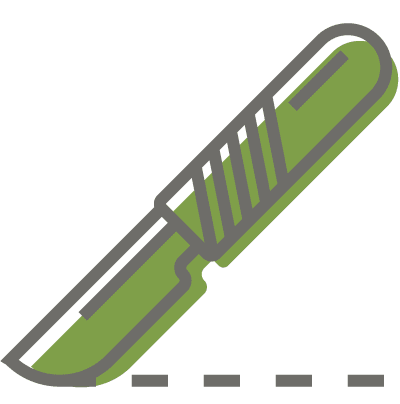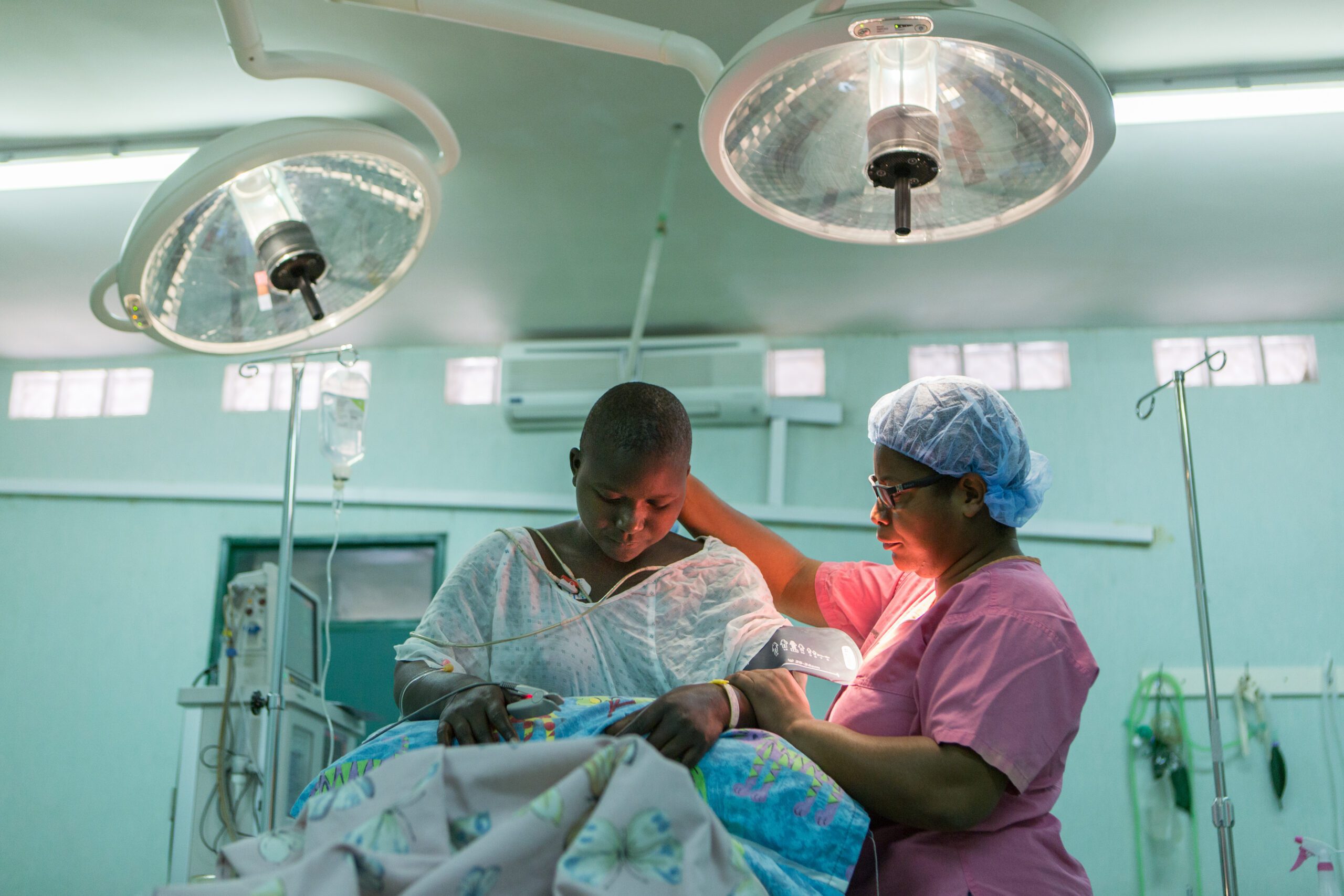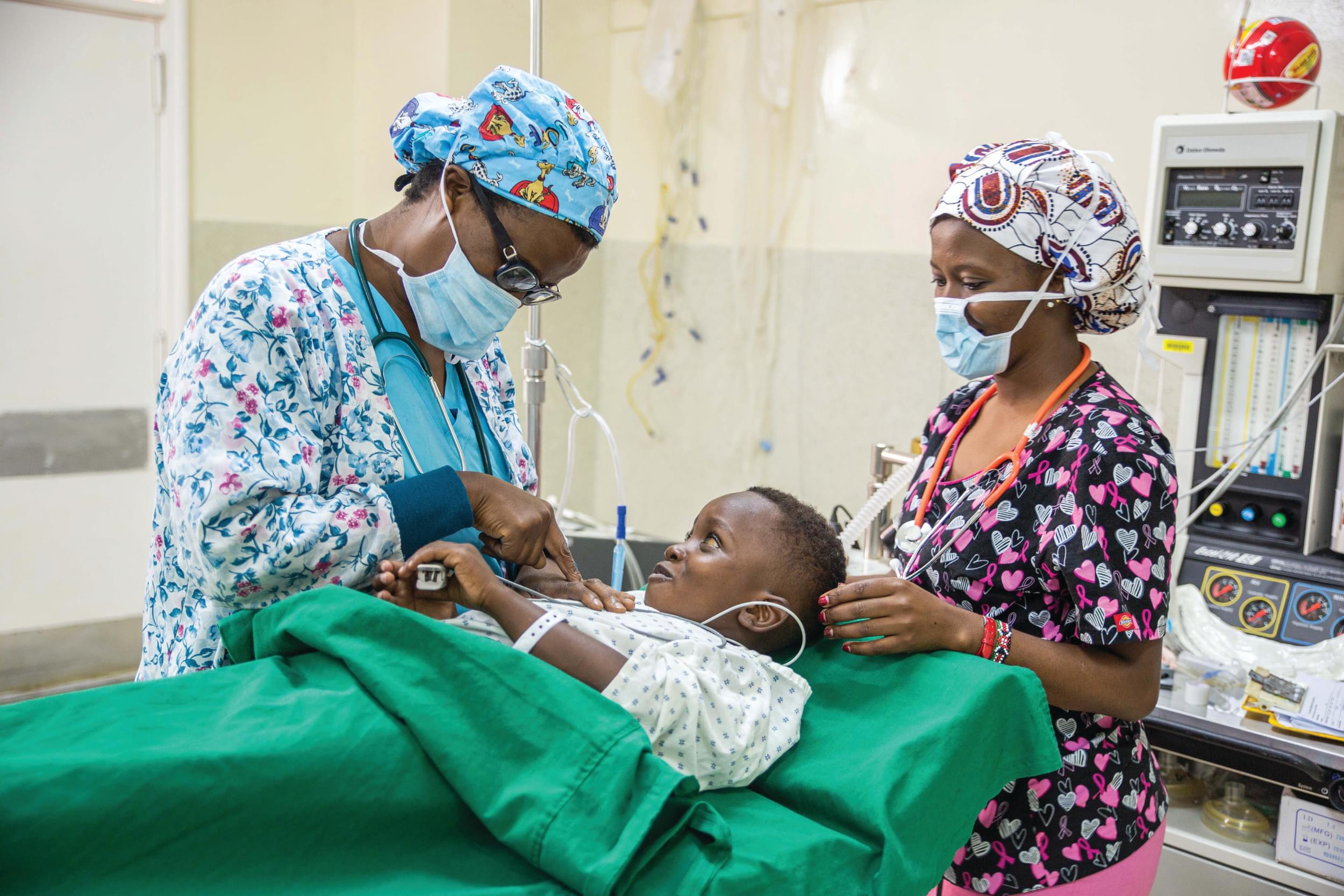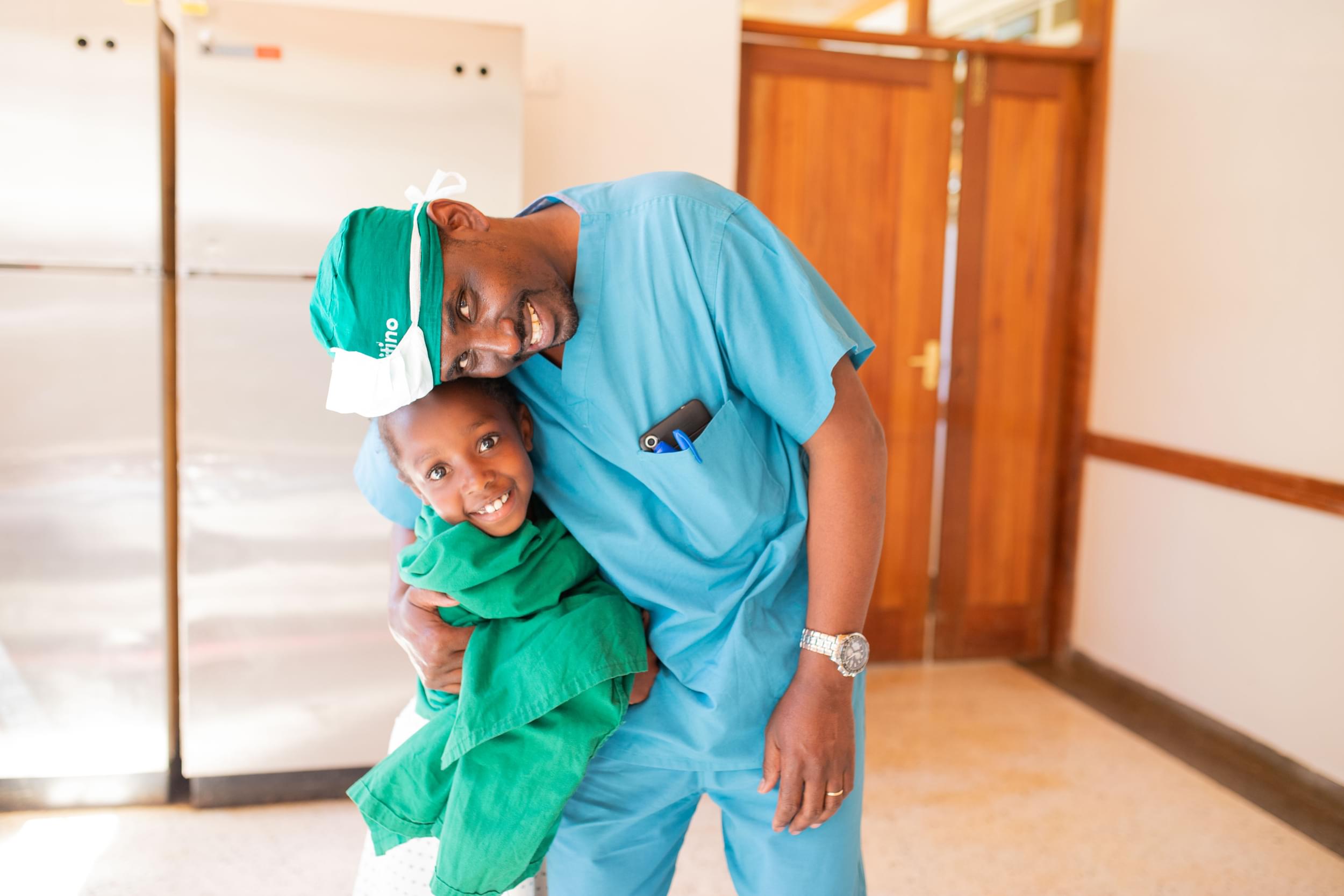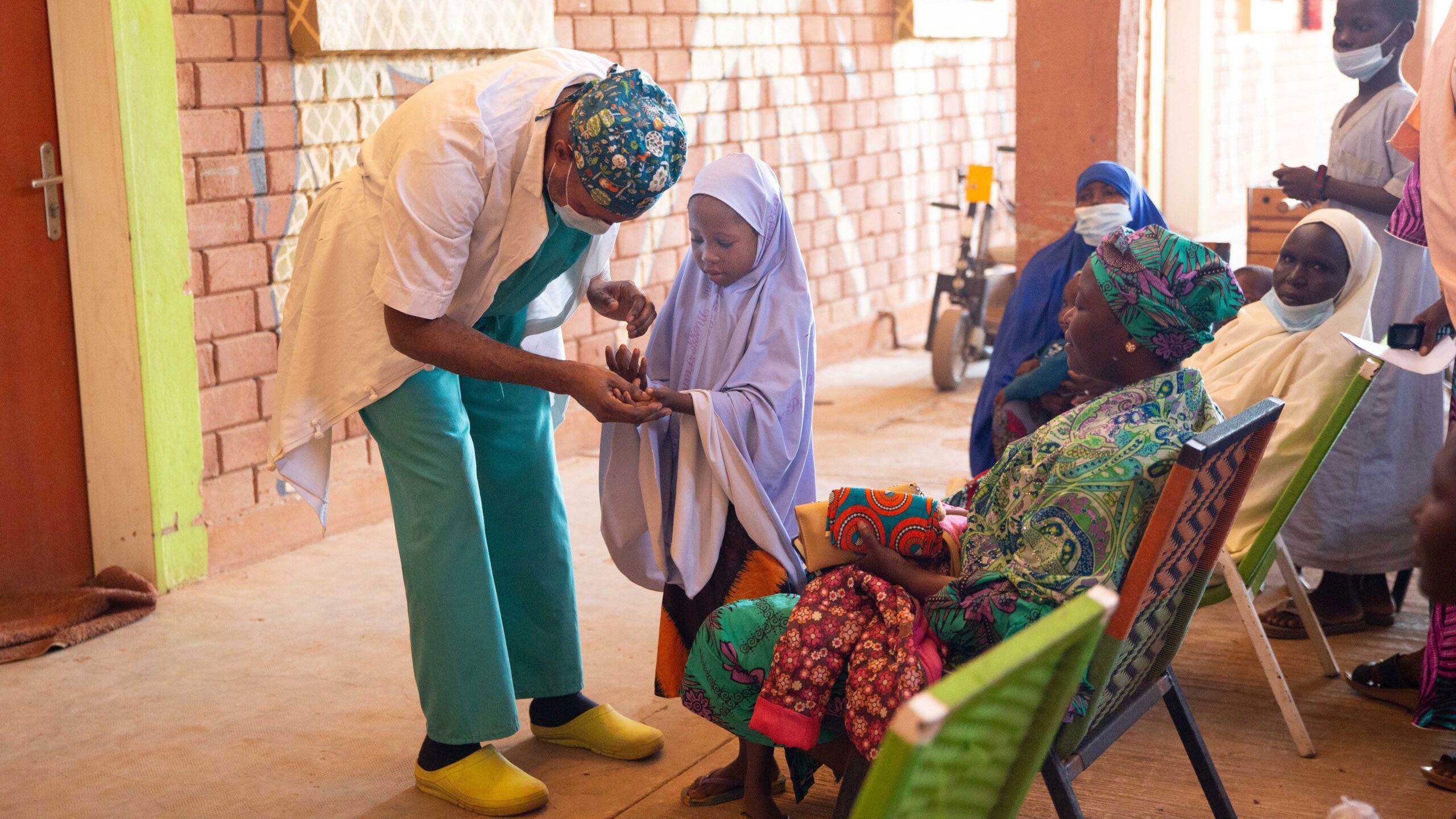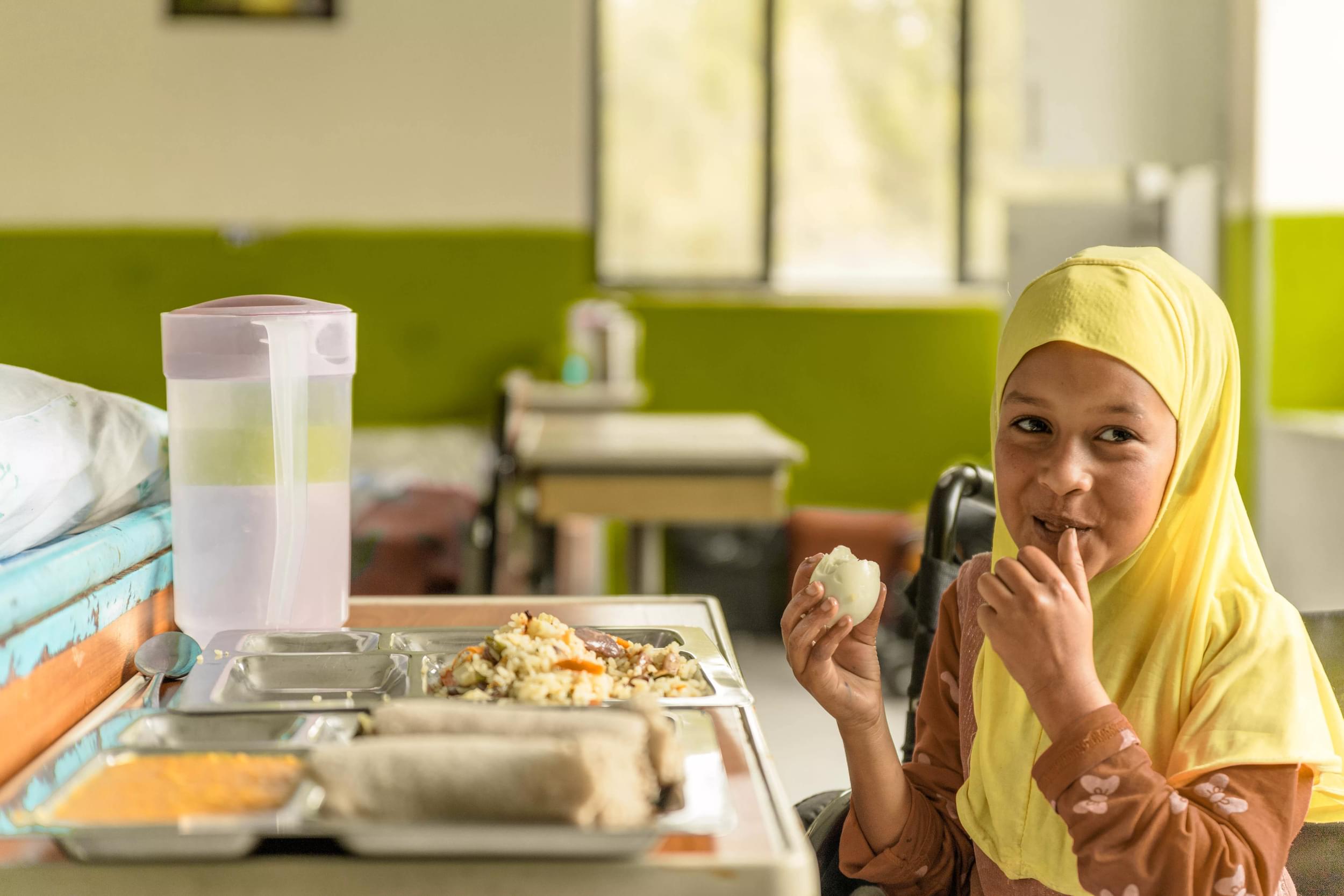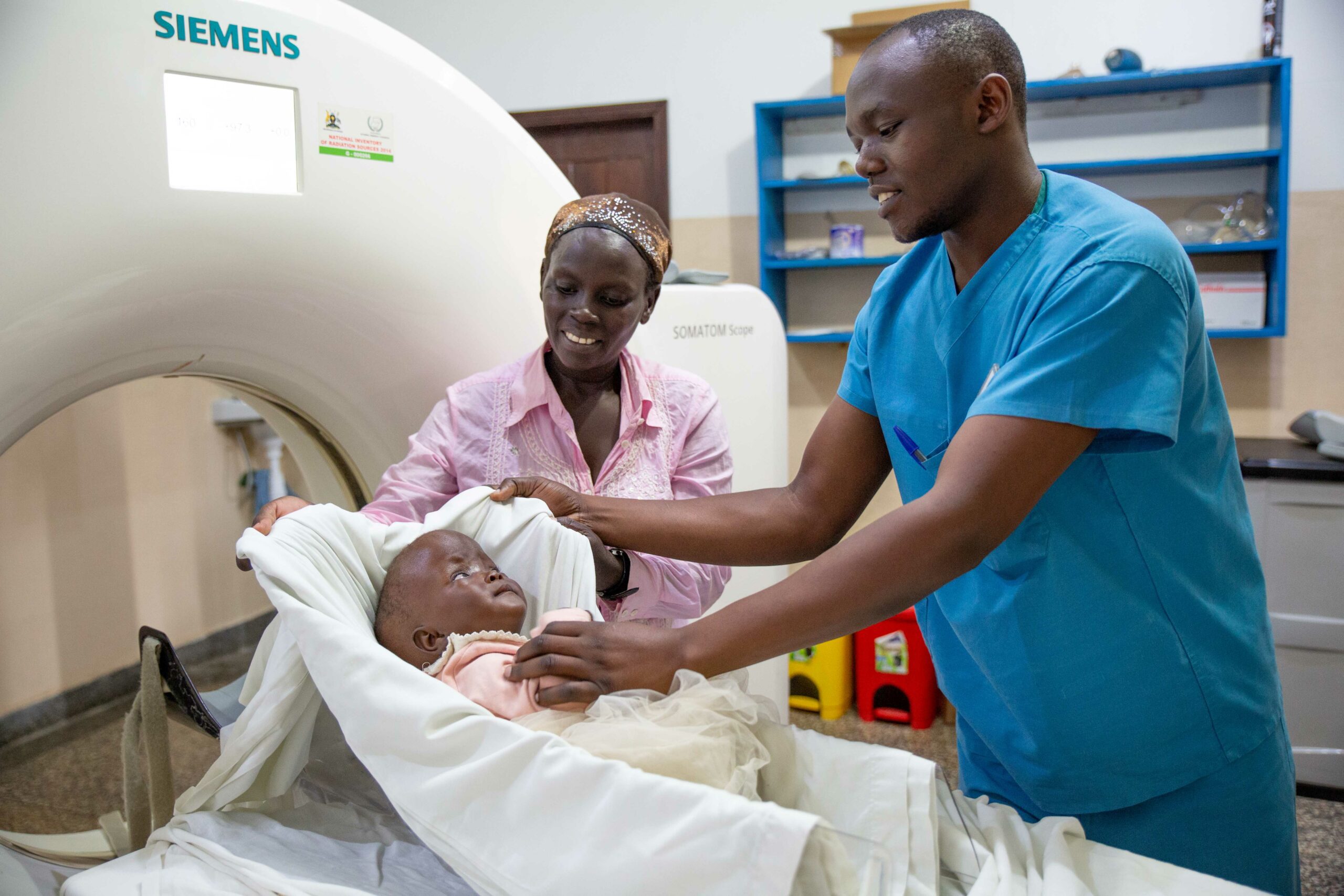What We Do
Diagnostic Testing
X-rays and lab results help ensure our doctors have all the information they need to perform safe surgery.
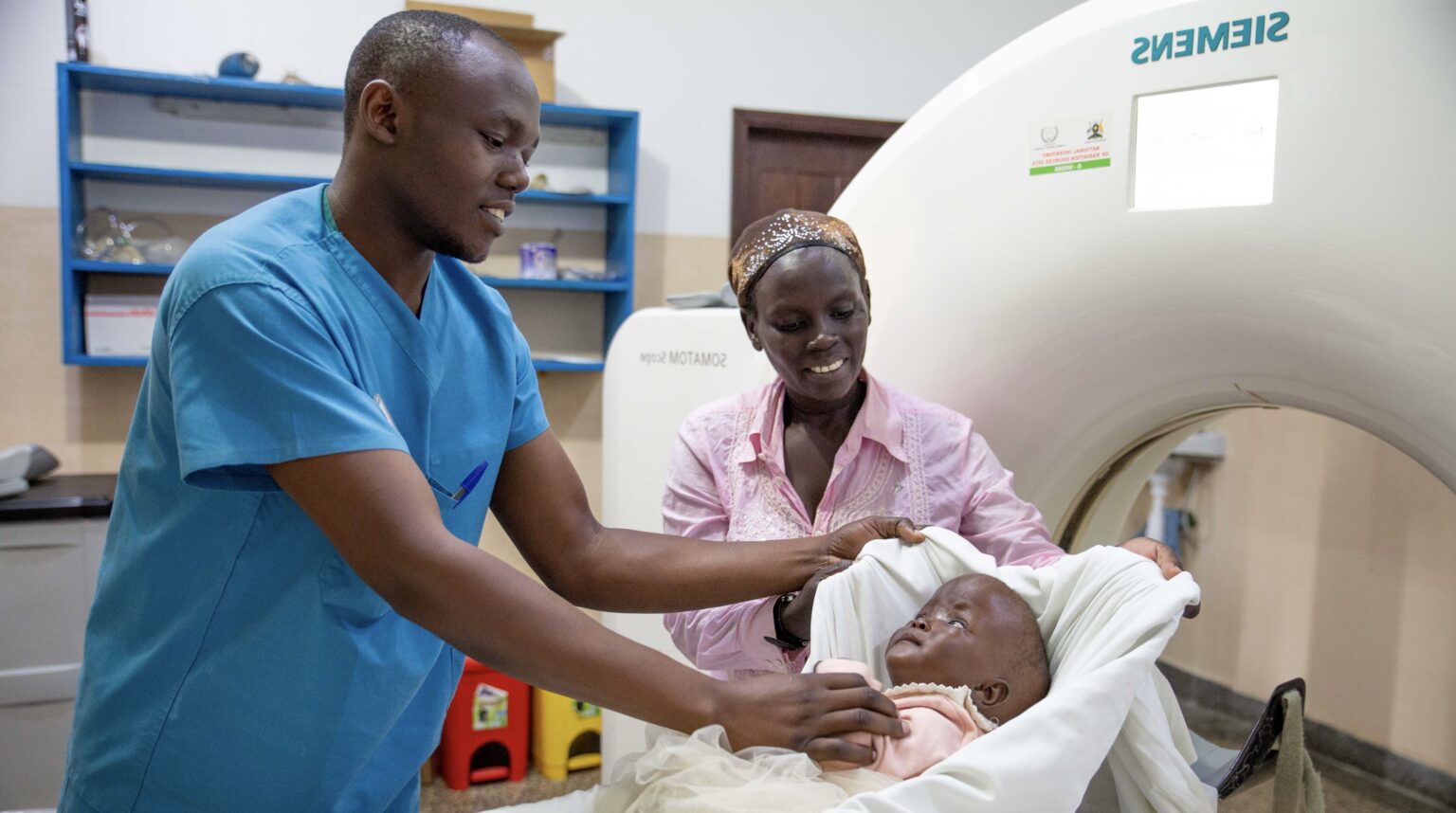
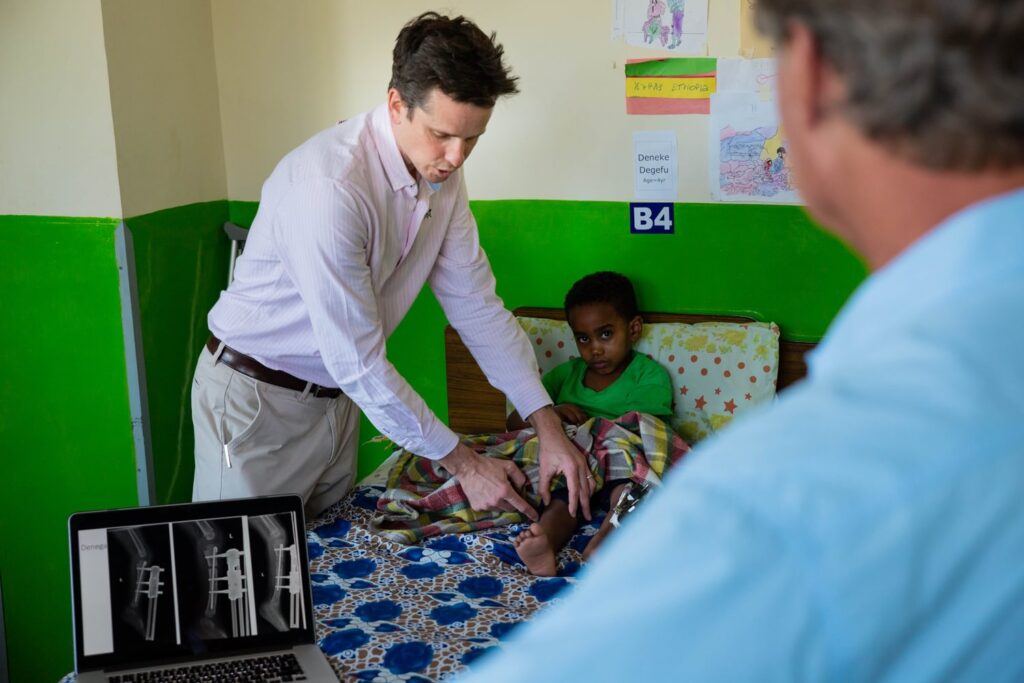
Diagnostic testing is an important aspect of treatment at CURE, as it helps our medical staff ensure the health of each patient before, during, and after surgery.
For example, if a child’s blood counts are too low, doctors can administer vitamins and supplements to prepare their little bodies for surgery. Diagnostic tests like x-rays, ultrasounds, and blood work enable our doctors to achieve better surgical outcomes for our patients and more thoroughly monitor the healing process.
More About Diagnostic Testing
No. When a patient visits a CURE hospital for an initial consultation, they undergo a physical exam. Diagnostic testing may be part of the evaluation, but it is tailored to their individual needs. Depending on their age and health history, some patients may need a lot of tests and some may not need any. We do testing only when necessary for proper diagnosis and treatment.
CURE is equipped to perform a variety of diagnostic tests, including x-rays, ultrasounds, and laboratory testing. X-rays are the most commonly used diagnostic testing, and all CURE hospitals have x-ray machines on-site. All our hospitals also have the capacity to do most laboratory testing internally, and all our operating rooms have a C-arm to take spot x-rays during surgery. This helps our surgeons assess things in real-time during surgery. For MRI and CT scans, we partner with other hospitals in the area.
When used with physical exam findings and a patient’s health history, diagnostic tests provide all the pieces CURE’s medical staff need to make an accurate diagnosis and create an effective treatment plan.
It depends! If a patient has traveled a long way for treatment at CURE, we try to get them into surgery as quickly as possible because we understand it may be difficult to travel to and from the hospital. Many times a patient’s condition is elective and can be scheduled for a later time that works best for their family or when their bodies have grown and developed a bit. Patients with certain conditions, such as cleft lip or palate, may be underweight or nutritionally deficient, so they must undergo nutritional support to get up to a healthy weight for surgery.
Learn more about what happens before surgery.
From their first meeting with a doctor to diagnostic testing and nutritional support, CURE is committed to ensuring children and families are prepared before, during, and after surgery.


